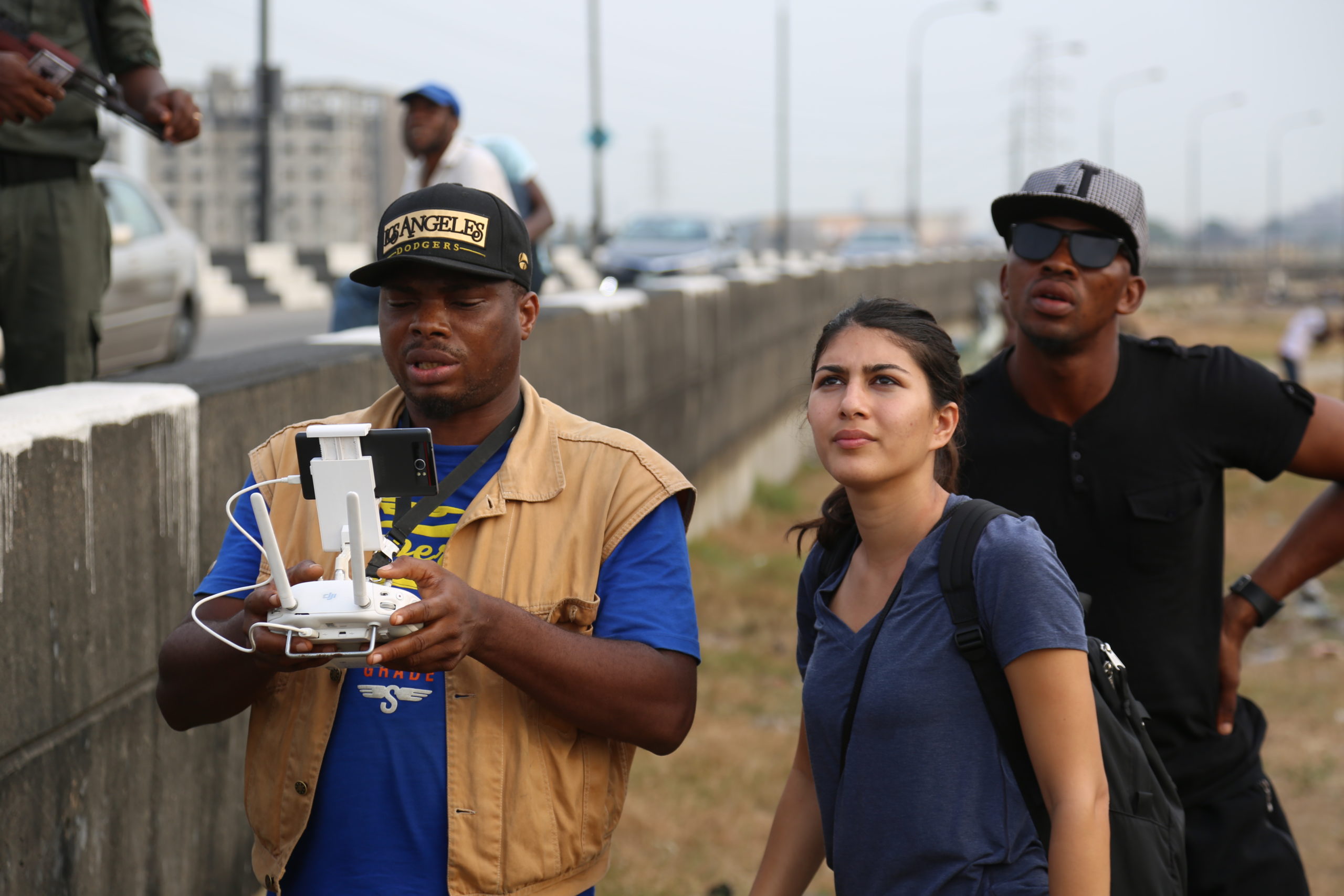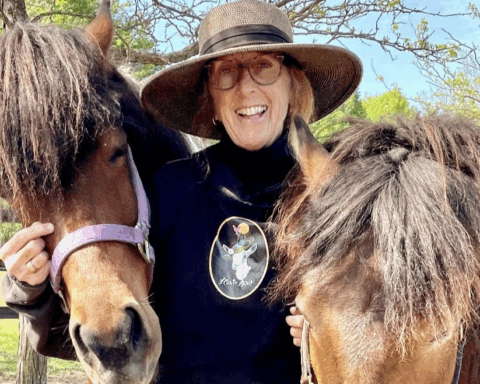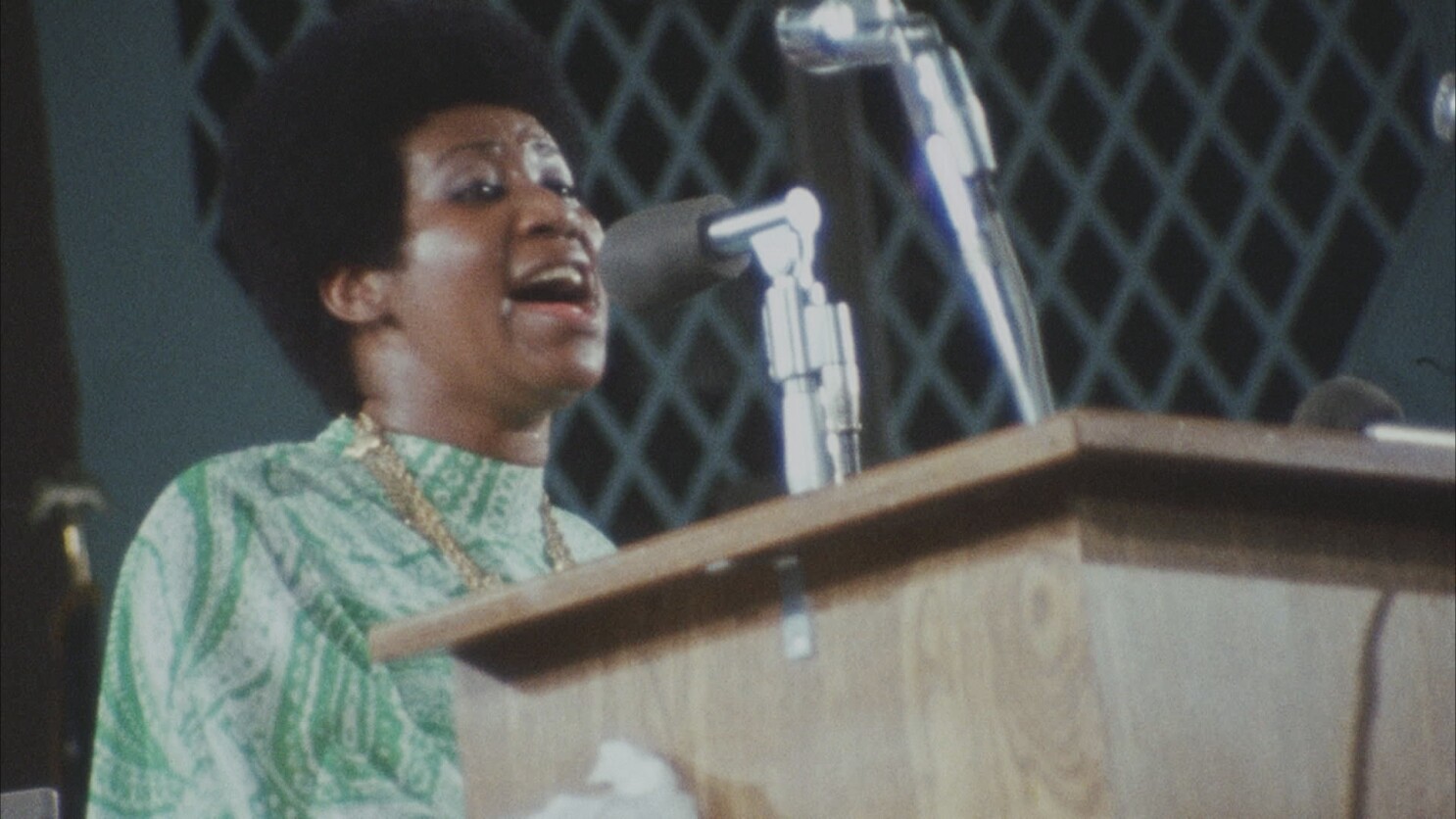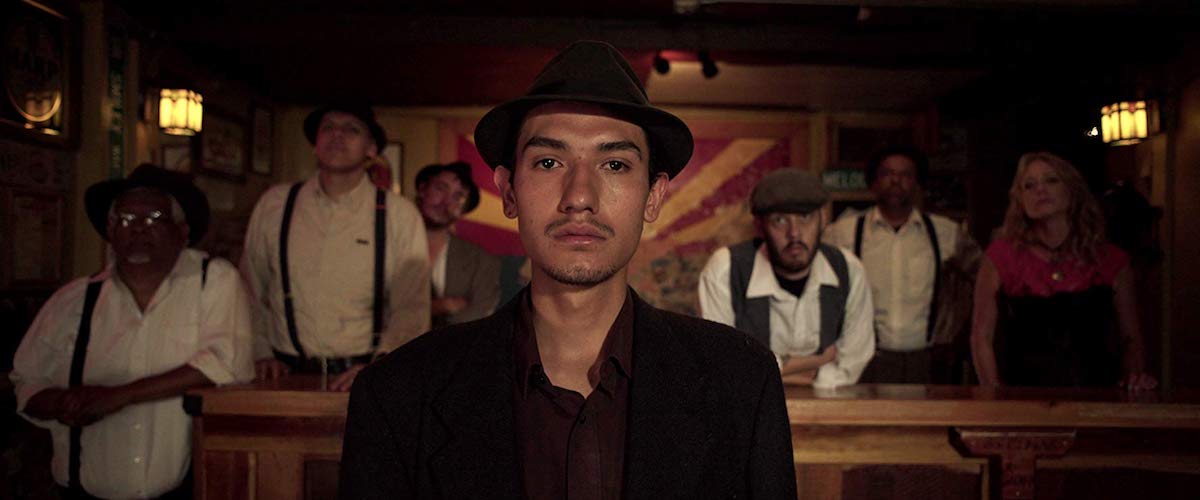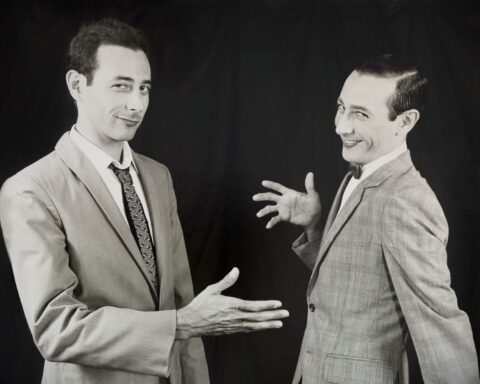“PHED is coming to disconnect the little supply they should use to comfort themselves,” says Deborah, a Port Harcourt Electricity Distribution Company (PHED) customer service representative in Take Light. “We understand their plight. But we have to survive. We have to survive.”
Deborah is one of many subjects to shed light on Nigeria’s energy crisis in Toronto-based filmmaker Shasha Nakhai’s feature documentary debut Take Light. The film is an absorbing character-driven study of the country’s fight for sustainability amidst post-colonial corruption. Nakhai’s film highlights ordinary citizens caught within a power struggle both literal and figurative.
The Spark
Nakhai returns to Hot Docs after her successful 2016 short Frame 394, which she produced alongside her partner and collaborator Rich Williamson, who shot and edited Take Light. The short examined the shooting death of Black American Walter Scott at the hands of white police officer Michael Slager. Frame 394 made the Oscar shortlist for best short doc just weeks before Nakhai and Williamson landed in Nigeria, where they filmed Take Light by day and ran the Oscar campaign by night—so long as the lights stayed on.
Take Light brings audiences to Nakhai’s hometown of Port Harcourt to observe how the city’s residents deal with frequent power outages. Nakhai, who was born in the Philippines but raised in Nigeria, relates to the blackouts. “Even though I had a very privileged upbringing in Nigeria, it was still part of everyday life,” says Nakhai, whose family owns a construction company. “It was always a defining factor. Although we could afford diesel for our generator, it’s expensive to keep that running around the clock. There could be a whole week without power and we’d only turn on the generator for very precious things.”
Nakhai says the experience sharpened upon coming to Canada as a student at 15. “I only began to think of it when I started moving between the worlds,” she observes. “The longer I spent in Canada, the more angry I would become when I returned to Nigeria and things wouldn’t work. When you get used to everything functioning properly, you get really frustrated when things don’t.”
Power Play
Take Light lets audiences experience this frustration in a humorous opening scene in which residents huddle around a TV in a pub watching a soccer match. The player onscreen runs, shoots and scores. The crowd goes wild. As if overloaded by the energy in the room, the TV and lights cut out. Cue a collective groan from the fans. Nakhai investigates how Nigerians endure the prohibitively expensive energy costs by including the voices of residents alongside those of PHED employees on the front lines. There are no experts, no talking heads and no policy wonks. Just ordinary people who live in frequent darkness.
The subjects include Martins, an optimistic electrician; Deborah, the jovial customer service rep; and Richard, a straight-talking mechanic. All three have the unenviable task of going door to door and seeing if their neighbours have settled their tabs. If not, it’s lights out. The irony is that the employees relate to the hardships their customers face. Nakhai shows how they too manage costly, unreliable energy in their homes.
Colonial Shadows
Take Light doesn’t ask the subjects to snitch on their employers, and it doesn’t have to. The burden of the energy costs is evident in their self-deprecating replies and evasive explanations of everyday work. “The culture is still recovering from military dictatorships and times when you couldn’t say anything political,” explains Nakhai. “People are very careful about what they say, especially when talking to international media.”
Nakhai adds that hailing from the community afforded her intimate access. “Once I started speaking in pidgin and said, ‘I live down the street and lived there for 15 years,’ then people started to ease up a bit,” observes Nakhai. “There’s always apprehension when foreigners come to Nigeria, especially if you look like a foreigner, so that definitely helped convince people on all sides.” The director attributes additional access to PHED’s American CEO, who recognized the benefits of a multifaceted portrait.
Despite coming from Port Harcourt, Nakhai says she wasn’t comfortable inserting her experiences in the film. “Ed [Barreveld], the producer, told Rich to film me because, at the beginning, he thought I might be in the film,” explains Nakhai. “I was vehemently opposed to it because, historically, narratives set in Nigeria have revolved around foreigners. Even though I very much feel like a Nigerian, I look like a foreigner and my heritage is not Nigerian. It would do a disservice to the story and the country—and I didn’t need to be in it.”
While the PHED employees navigate the mass of renegade wires and unpaid bills, Nakhai shifts focus to alternative sources. Visits to the hospital and morgue, which lack proper energy to provide care and preserve bodies, highlight experiments with green energy.
Nakhai conveys the resistance to alternatives through a sequence with YouTube personalities Two Angry Guys, who dismiss green energy as another hoax. “Especially in Port Harcourt, everyone’s still in the diesel mentality,” explains Nakhai. “You see a lot of solar panels, but like many foreign aid programs, a lot of them fail. Solar traffic lights are broken and [end up discarded] on the road. The hospital solar panels are covered in soot [from burning fossil fuels], so they don’t work. People are sceptical because, historically, they have been sold things that didn’t deliver.”
Poetic Illumination
Take Light finds hope in the words of Nnimmo Bassey. The poet, environmentalist and activist punctuates the film with voiceovers around which Nakhai structures the film thematically. Verses note the dynamics of power and the commingling of blood and oil in Nigeria’s history.
Despite granting an interview for the film, Bassey didn’t make the final cut. “He was originally supposed to be in it,” explains Nakhai, “but because we had such limited time with him, we really just have footage of him sitting in a chair. We made a stylistic rule that we can’t just have people sitting in a chair talking—no journalists, no NGOs, no politicians sitting in chairs talking about the issue.” By removing a familiar face, the film ensures that no speaker has authority over others.
Cutting Bassey’s interview added enough time for a stroke of greatness: a third poem by him placed towards the end of the film. The verse bids adieu to unsustainable practices and offers a call to action as Bassey recites, “It is time to enforce a celebration of life / and sing an elegy to the rigs.” Nakhai notes that Bassey wrote the poem specifically for Take Light. “We asked him if all these things he said could be rephrased into a poem,” explains Nakhai. “They say more than simple words can.”
Take Light doesn’t prescribe a solution to Nigeria’s enormous energy problem, but Nakhai thinks recent progress from alternative sources may affect change. Simple advances like the availability of inexpensive rechargeable products from China make a difference. “If people could get over the cost and access barriers, they could do so much more to improve their lives,” she observes. “I feel like that might be one of the ways forward—I’m cautiously hopeful about renewables becoming more cheap and accessible to more people.”
Somewhere, a lightbulb flicks on.




